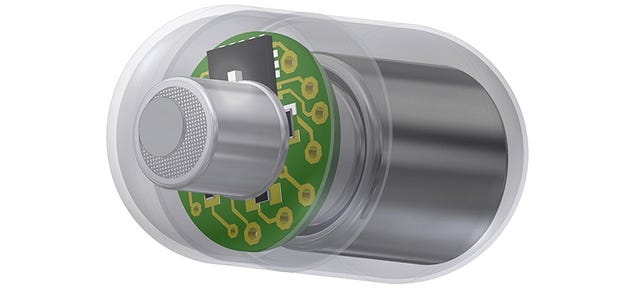It is that time of the year again, and people are applying for Google Summer of Code positions. It’s great to see a big crowd of newcomers. This article explains what sort of students are welcome in GSoC from the point of view of Trojitá, a fast Qt IMAP e-mail client. I suspect that many other projects within KDE share my views, but it’s best to ask them. Hopefully, this post will help students understand what we are looking for, and assist in deciding what project to work for.
Finding a motivation
As a mentor, my motivation in GSoC is pretty simple — I want to attract new contributors to the project I maintain. This means that I value long-term sustainability above fancy features. If you are going to apply with us, make sure that you actually want to stick around. What happens when GSoC terminates? What happens when GSoC terminates and the work you’ve been doing is not ready yet? Do you see yourself continuing the work you’ve done so far? Or is it going to become an abandonware, with some cash in your pocket being your only reward? Who is going to maintain the code which you worked hard to create?
Selecting an area of work
This is probably the most important aspect of your GSoC involvement. You’re going to spend three months of full time activity on some project, a project you might have not heard about before. Why are you doing this — is it only about the money, or do you already have a connection to the project you’ve selected? Is the project trying to solve a problem that you find interesting? Would you use the results of that project even without the GSoC?
My experience shows that it’s best to find a project which fills a niche that you find interesting. Do you have a digital camera, and do you think that a random photo editor’s interface sucks? Work on that, make the interface better. Do you love listening to music? Maybe your favorite music player has some annoying bug that you could fix. Maybe you could add a feature to, say, synchronize the playlist with your cell phone (this is just an example, of course). Do you like 3D printing? Help improve an existing software for 3D printing, then. Are you a database buff? Is there something you find lacking in, e.g., PostgreSQL?
Either way, it is probably
Source:: http://jkt.flaska.net/blog/How_to_persuade_us_that_you_re_going_to_be_a_good_GSoC_student.html













